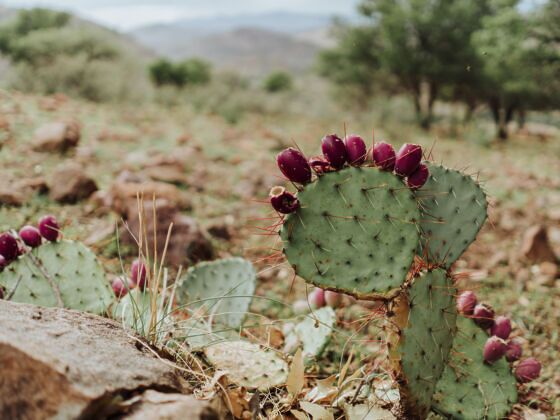We’re in the middle of our English lesson when a bright white car pulls into the dirt yard and a woman strides across the yard calling out loudly in fluent but heavily accented Spanish. Don Faustino goes out to meet her.
Her hair is an unnatural shade of orangey-red—not unlike the color Doña Ludi obtains for the yarn by mixing cochineal with lime juice—her pants are blinding white, her blouse is translucent neon pink, her earrings are enormous hunks of neon pink plastic. This is obviously not her natural habitat.
